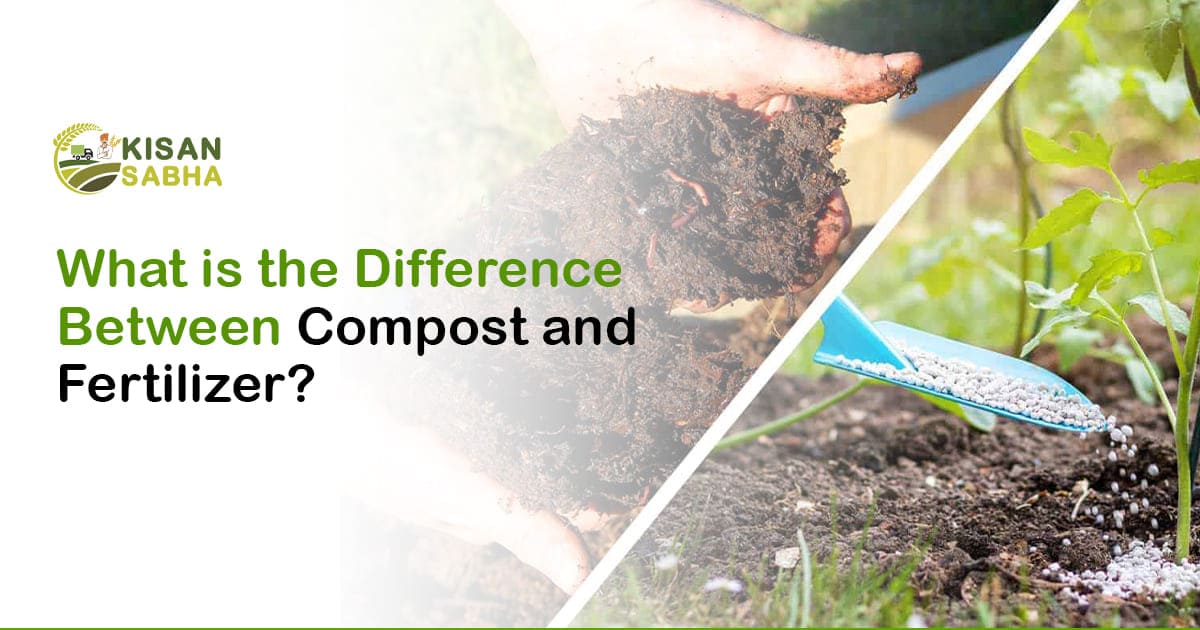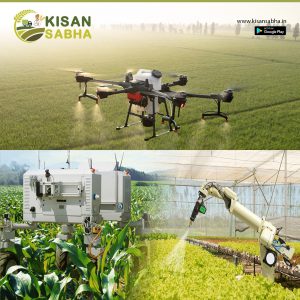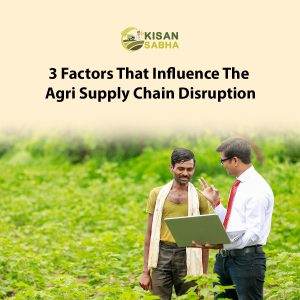Beginning gardeners sometimes mix up the phrases “compost” and “Fertilizer.” This is understandable given the overlap between the two. More crucially, this ambiguity might lead to doubts about whether to use compost or Fertilizer in a given setting. To clarify the air, we’ll take a bird’s-eye view of the many forms of Fertilizer, which is a difficult issue in and of itself. Compost is a much more complicated issue since it performs a variety of roles. Following a fundamental grasp of how Fertilizer and compost vary, you’ll discover when to use Fertilizer and when to use compost instead.
What is Compost?
Compost, at its most basic, is degraded organic matter. However, many different types of organic matter are constantly decaying in various areas. When we say “compost,” we typically mean organic waste that has decomposed in a compost pile (which is often enclosed in a container or tumbler). Many gardeners keep a pile like this in their backyards to generate their compost. One distinction between compost and Fertilizer is as follows: While it is possible to buy compost, you may also save money by generating it yourself.
When creating compost, there are four essential stages to follow:
- Include “green” ingredients like kitchen leftovers.
- Include ‘brown’ materials, such as the dead leaves you gather up in the autumn (for optimum results, shred first).
- Provide water.
- Occasionally turn the pile over.
Bacteria ultimately find their way into your pile. They aid in the heating process, which breaks down (decomposes) the organic materials. To the untrained eye, the resulting product seems to be dirt, although it is significantly more valuable than ordinary soil.
Uses Of Compost
Most novices realize that you may spread compost around plants to help them develop. This contributes to the misunderstanding concerning the distinction between compost and Fertilizer. Compost is a “soil amendment” rather than a Fertilizer. By utilizing this phrase, we acknowledge that compost not only enhances plant health and growth but also provides other advantages. It can enhance soil structure, resulting in greater drainage, aeration, and moisture retention. It also includes helpful bacteria and germs that can help with plant nutrition and make plants more disease-resistant.
What is Fertilizer?
Fertilizer provides nutrients to your plants. A fertilizer is classified as either chemical or organic.
Chemical fertilizers are human-made substances and are commonly sold in large bags at home improvement stores. Each bag is carefully formulated to ensure specific nutrients are available in precise quantities, often represented by NPK ratios. While this may seem like a positive, improper use of chemical fertilizers can lead to damaging consequences.
Earth’s soil is delicate and requires precise care to maintain. If used in excess, chemical fertilizers can burn plants and be toxic. Moreover, different species of plants often require different types of fertilizers, making it necessary to choose carefully before applying. Thus, it is crucial to use chemical fertilizers wisely to ensure better plant growth and soil preservation.
Organic Fertilizer is a natural substance. While they must still be applied with caution, they are often safer than chemical Fertilizers. Examples include bloodmeal and bonemeal.
Uses of Fertilizer’s
Gardeners who use compost around plants for its nutritional benefits are employing it as an all-purpose substance that may be used at any time. However, when applying a genuine Fertilizer, you want to utilize it in a more focused manner, at a specified time, depending on the precise nutrients it provides. Here are several examples:
- Bone meal is rich in calcium and phosphorus. Use it while planting bulbs in the autumn.
- A blood meal is heavy in nitrogen. Use it on your spring bulbs.
- Lawn owners generally fertilize their lawns using chemical Fertilizers.
If you decide to use a chemical Fertilizer, you should be aware of the precise nutritional requirements of the plant for which it is meant. Chemical Fertilizers are available in a variety of NPK ratios, which implies that one amount or kind of fertilizer will not fit all sorts of plants.
Also Read:- The Need for Traceability in Agriculture: Ensuring Transparency and Safety
Is it possible to use compost and Fertilizer interchangeably?
Compost and Fertilizer should not be used interchangeably. Composting accomplishes effects that Fertilizer cannot. Fertilizers, for example, will not enhance the structure of your soil. On the other hand, some garden soils may be deficient in a component that compost has. If a nutrient is absent or at less-than-optimal levels, you can supplement the compost with a suitable Fertilizer. Your county extension service may advise you on the best Fertilizer to use, as well as when and how much to use.
In summary
In gardening, compost and fertilizer have distinct roles, although they both supply nutrients to plants. Compost is the result of decomposed organic matter and serves to enhance soil structure, drainage, and disease resistance, in addition to providing nutrients. On the other hand, fertilizers are specifically designed to deliver targeted nutrients required by plants, available in chemical or organic forms.
The combination of compost and fertilizers can be beneficial, with compost acting as a foundation for soil improvement and fertilizers addressing any nutrient deficiencies identified through soil testing. Understanding the disparities between them empowers gardeners to create an optimal growing environment by harnessing the multifaceted benefits of compost and the precise nutrient delivery of fertilizers.




